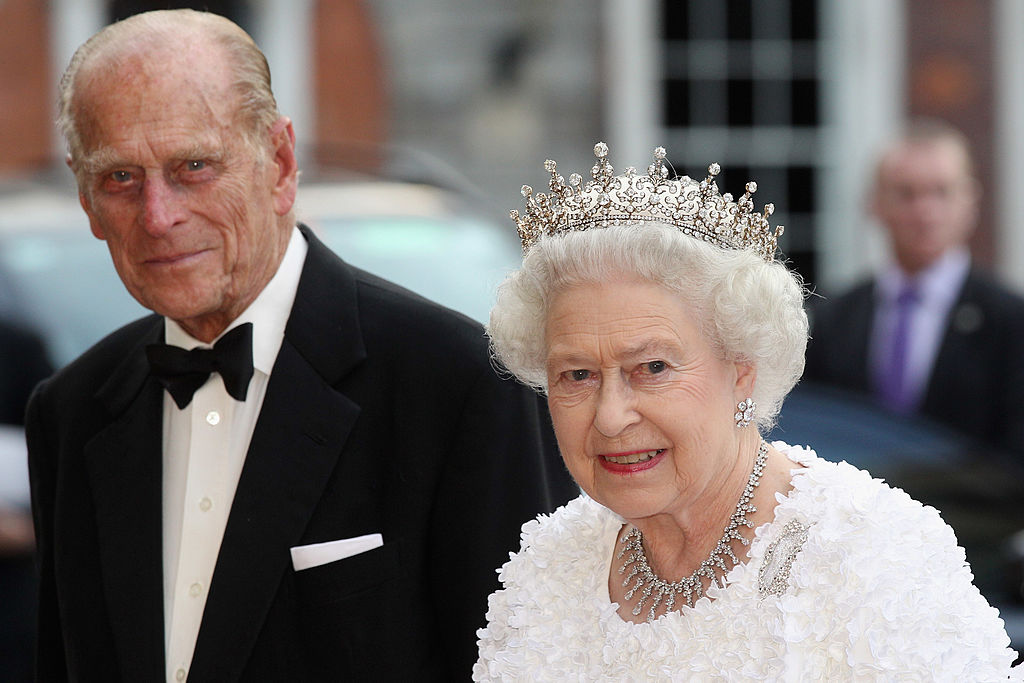Fourteen prime ministers; 18 general elections; seven changes of government. Even in a stable country like Britain it is remarkable how much political water has flowed under the bridge in the 69 years since the late Duke of Edinburgh became consort to Elizabeth II. Britain has gone from a country of outside lavatories to one of conspicuous wealth, from an independent nation to a member of the EU and back again, from an empire to a champion of global trade. Some see the past seven decades as a period of national decline, yet the quality of life has improved hugely. In 1952, life expectancy at birth for Britons was 69; now it is 81. To have lived for almost a century is still an impressive feat, but is a lot more common now than it was at the beginning of the second Elizabethan age.
Prince Philip has deservedly won warm tributes for the characterful and committed way he served his adoptive country. For much of his life, there could scarcely have been anyone more British in his wit and attitude. His ability to put people at ease, aided by the occasional off-colour remark, was that of a man who instinctively knew how to break through class boundaries without compromising the dignity of his office. Far from being the relic some claimed him to be, he set up an award scheme that was ahead of its time and has withstood the years well.
The Duke of Edinburgh’s funeral has necessarily been stripped of much pageantry because of Covid. There has been no suggestion that the royal family would override the restrictions which apply to everyone else, and so a maximum of 30 mourners has been allowed, with no public procession involved. That is a shame as many people would have wished to express their affection.







Comments
Join the debate for just £1 a month
Be part of the conversation with other Spectator readers by getting your first three months for £3.
UNLOCK ACCESS Just £1 a monthAlready a subscriber? Log in